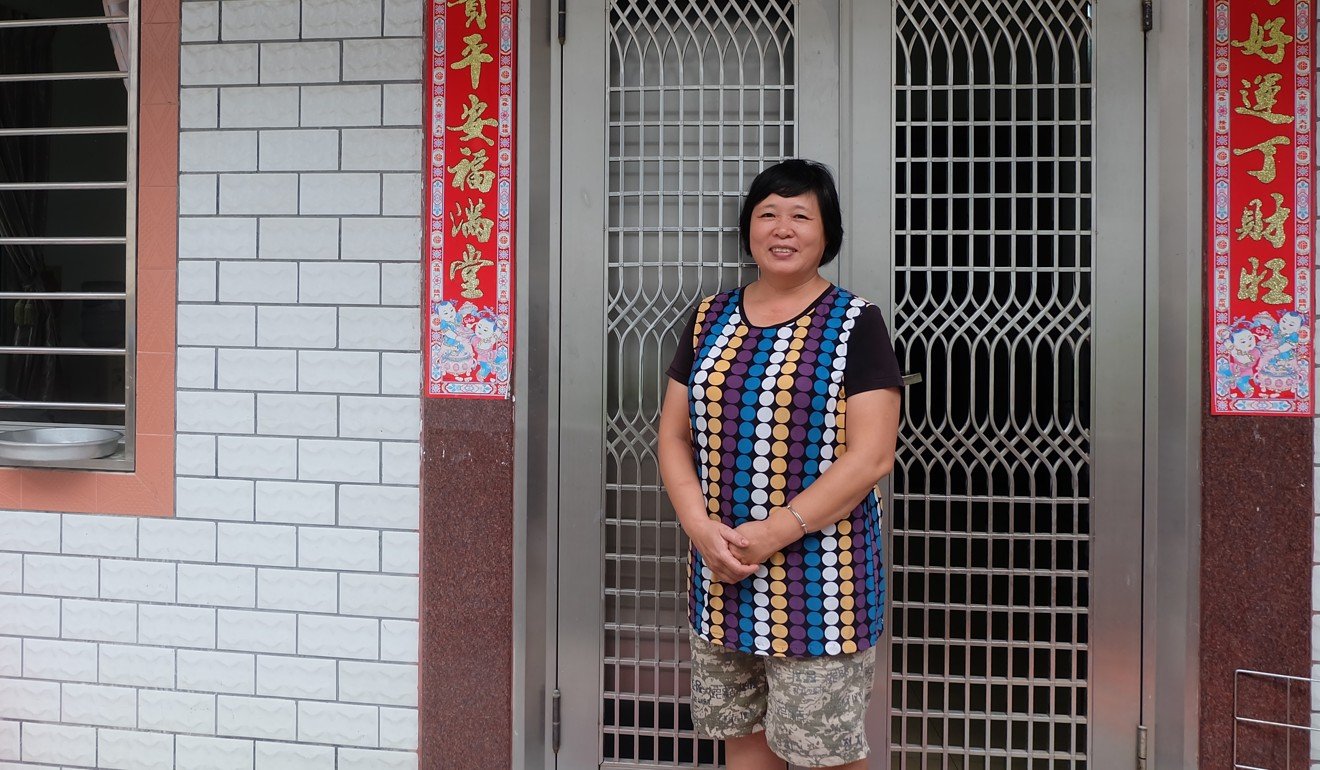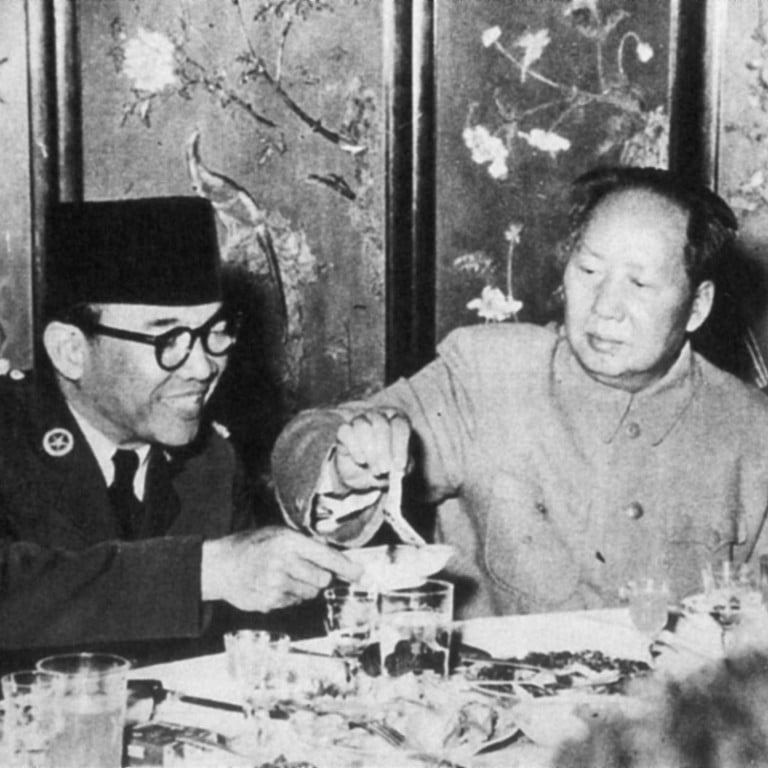
The Chinese who fled Sukarno’s Indonesia to build a new Bali under Mao
- A presidential decree 60 years ago sparked an exodus of Chinese from the newly independent country
- Tens of thousands were shipped to Mao-era China, where despite hardships they felt finally at home
It’s early Monday morning in a village in Quanzhou, Fujian province, and a group of Chinese men are sitting around playing dominoes. As they joke and smoke and bet small sums of money, there is little to distinguish their merry chatter from that going on in countless other villages across the country. Except for one small detail: they are talking to each other in Balinese.
Sixty years have passed since Sukarno implemented his infamous Presidential Decree No. 10 of 1959, which stripped “foreign citizens” of the right to run retail businesses in rural areas. But to some of the residents of Kampung Bali Nansan – like Tan Kok Jin, 71, and Wu Sui Thin, 80 – the memory is as fresh as yesterday.
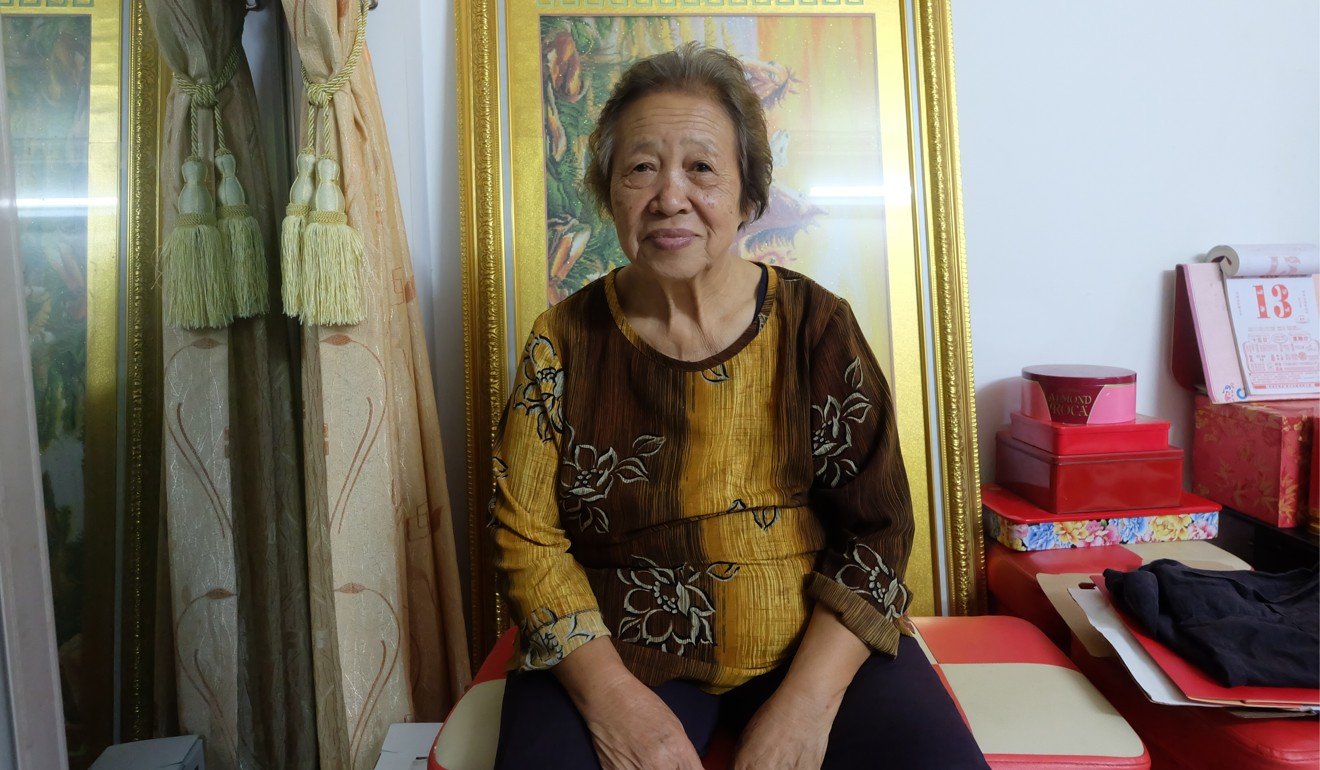
Wu and Tan, like many others at Kampung Bali Nansan, had Indonesian citizenship, though that counted for little in the toxic atmosphere of 1950s Indonesia, when settling scores with the Chinese community – demonised in part for having enjoyed trading privileges under the Dutch colonial administration – was seen as politically expedient.
As the Chinese accounted for about 90 per cent of the country’s roughly 90,000 listed foreign businesses, Sukarno’s decree was widely seen as ethnically charged. While, technically, it referred only to “foreign citizens”, in practice it affected all ethnic Chinese, including those with Indonesian citizenship.
The Chinese Indonesians forced to choose: Taiwan or communism?
Over the following six years, more than 100,000 ethnic Chinese – Tan and Wu among them – fled the country, returning to their ancestral homeland in ships paid for by the government in Beijing. When they arrived, they were sent to work on farm settlements that had been created specially for them, many of them in Fujian, Guangdong and Hainan provinces.
Among these settlements was Kampung Bali Nansan, which took in around 500 ethnic Chinese men and women, mostly penniless and exhausted.
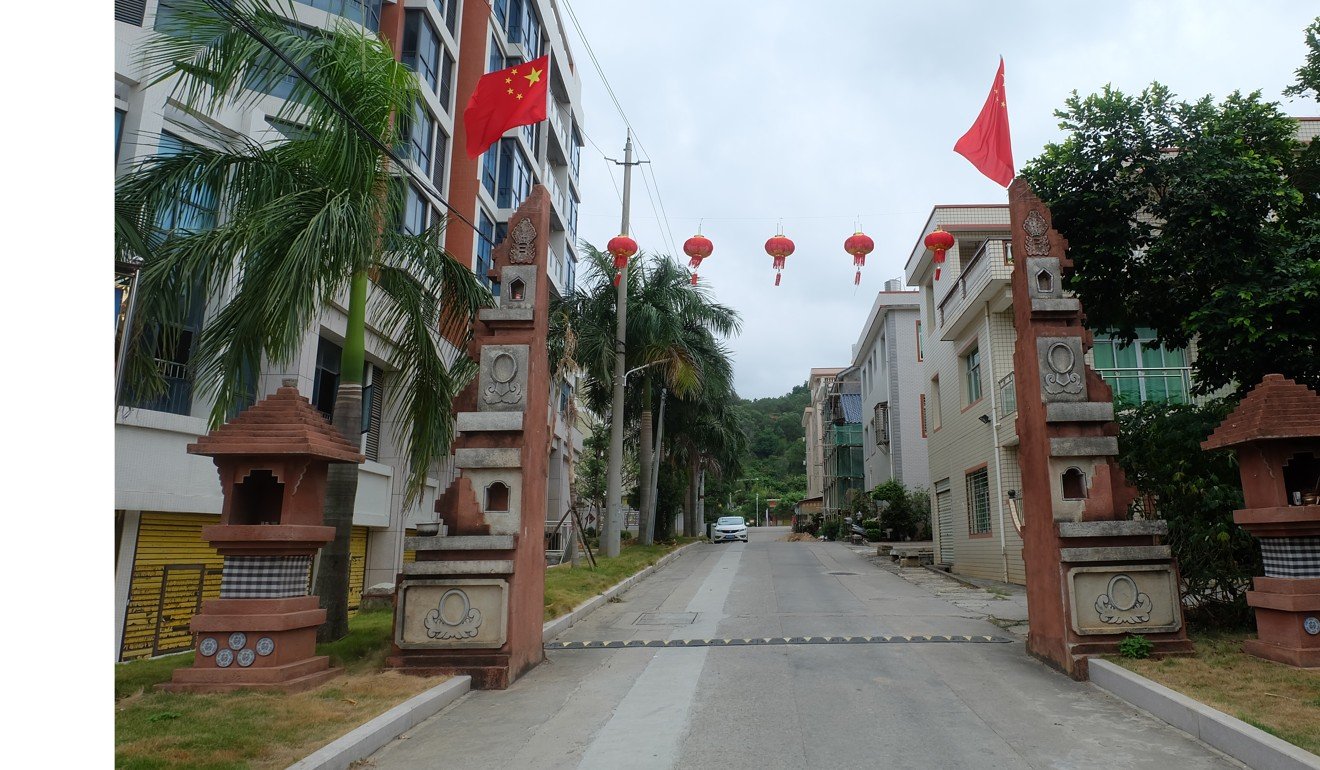
WELCOME TO BALI, CHINA
A Balinese-style gate marks the entrance of the village, now made up mostly of residential flats built by the government and sold to residents at a discounted price. At the back of the village is a stage where traditional Indonesian dances are still performed.
Tan was one of the first to arrive at this kampung (Indonesian for village). He left Bali at the age of 13 with his parents, two brothers and four sisters and headed to China on one of the government-funded boats, a voyage he remembers as taking “a week or two”.
Tan’s ancestors were from Fujian province, but he was born in Singaraja, northern Bali, where his father ran a convenience store. In Bali, he had attended a Chinese-medium school, picking up the Indonesian language only after arriving at Kampung Bali Nansan.
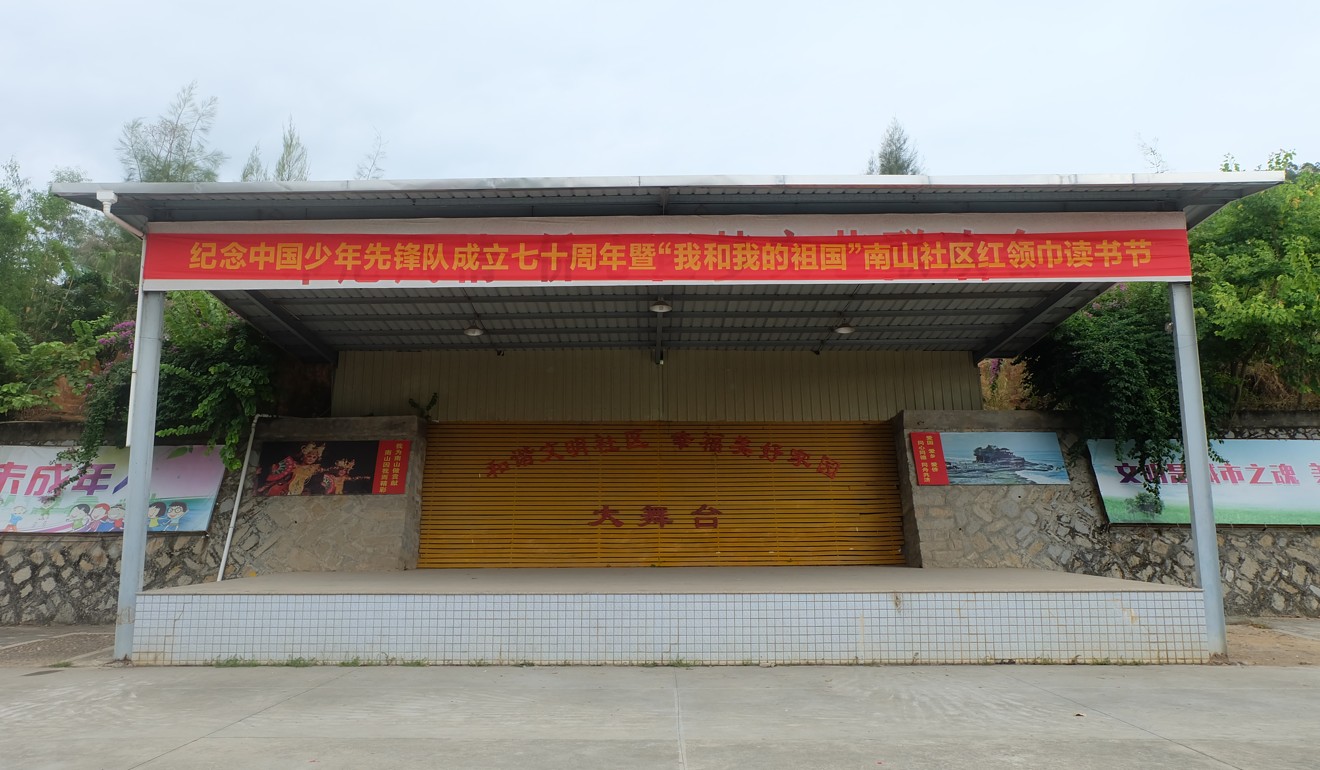
Tan has never regretted his family’s decision to start anew in China, even though when they arrived they realised the country was experiencing difficulties of its own, with Mao Zedong’s Cultural Revolution (1966-1976) just around the corner.
Indeed, years after Tan arrived at the kampung his studies were interrupted by Mao’s Down to the Countryside Movement, a drive that relocated about 17 million “privileged” urban youth to China’s rural communities. As part of the movement, Tan was forced to stop his formal education and was sent to serve a village as its community doctor, despite not being qualified.
But for Tan’s family, and many like them, even the hardships of the Cultural Revolution were better than facing the pai hua, or anti-Chinese sentiment, sweeping Indonesia.
One of Tan’s brothers did not make the trip to China, staying back because he missed the deadline to sign up for the government ships.
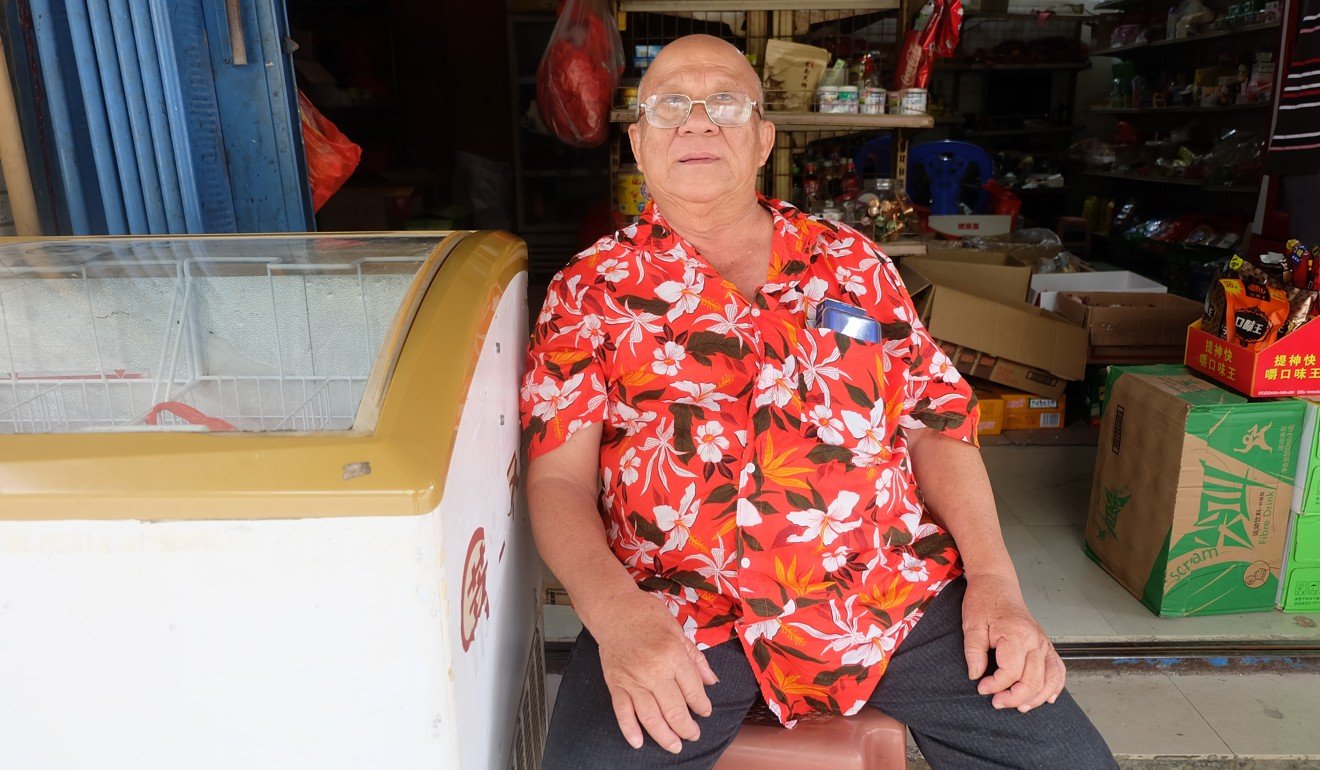
“Dad and mom kept on thinking about their son [who remained in Indonesia],” said Tan. “We used letters to communicate. There was no mobile phone, there was no telephone. He said life was tough in Indonesia. He struggled. Later on, things got better.”
Nowadays the lives of both brothers have improved. The pair use the Chinese messaging app WeChat to stay in touch.
Tan married a fellow returnee from Bali and has a daughter, 46, and son, 42. Though both were taught how to speak Balinese, his granddaughter, 16, does not understand the language and his grandson, 2, will learn only Chinese.
Still, the Balinese influence remains. Now retired, Tan helps run his daughter-in-law’s grocery store, Toko Bali (or Bali Shop).
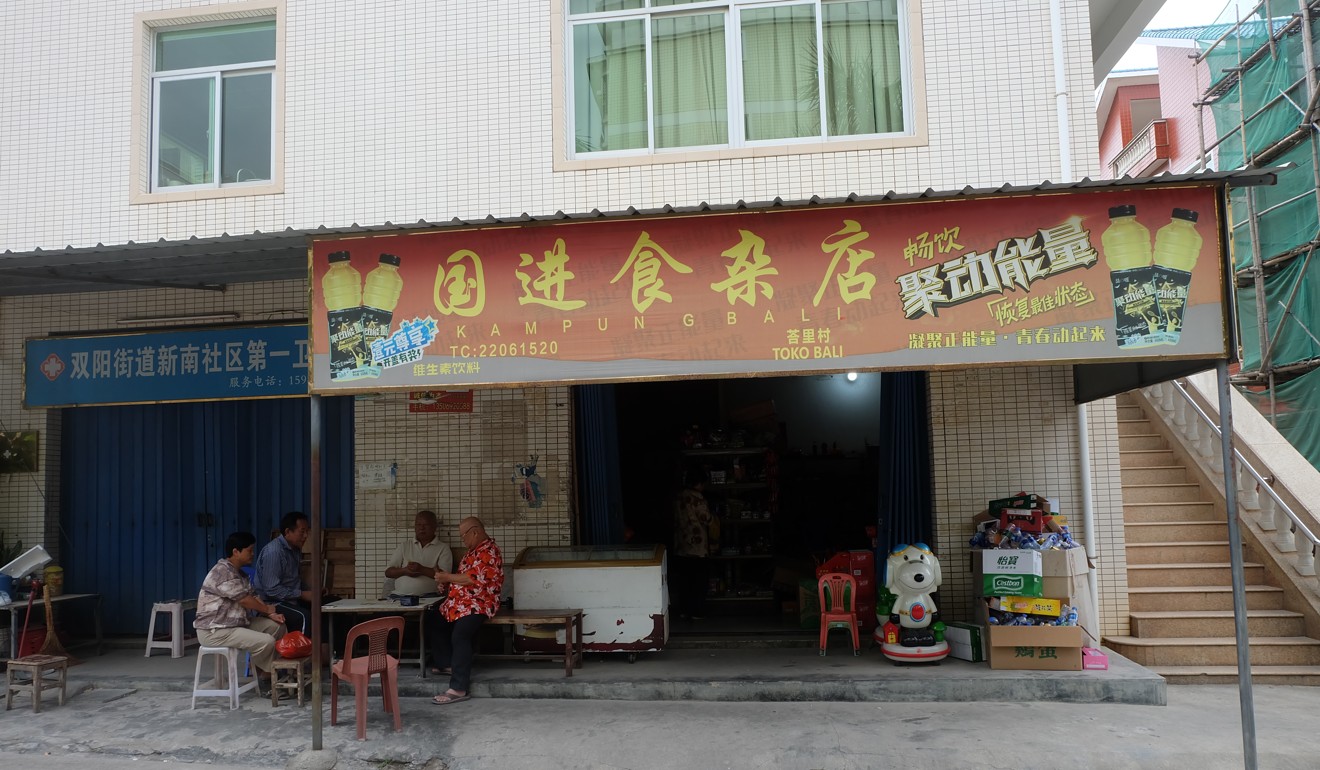
BALI AND BEYOND
Not every resident of Kampung Bali Nansan came from Bali. Wu Sui Thin and her husband Huang Hua Tung, 82, were among a handful to have arrived from Bangka island, east of Sumatra.
The pair had not known each other at the time. Wu married Huang when she turned 25 and they now live in a 92 square metre flat with three bedrooms, a balcony, a television set and an altar on which sits statues of Guanyin and Huang’s ancestors. Wu and Huang are fluent in Indonesian, but choose to speak to each other in Mandarin.
Wu was born in Indonesia to a family of Hakka Chinese origin. She studied at an Indonesian-medium nursing school in Bangka until she was 14, then moved to a Chinese-medium school for two years and spent a brief period teaching Mandarin. When she was 20, as part of the ongoing pai hua, the Indonesian government ordered the closure of the tin mine employing her stepfather and the family – comprising Wu, her mother and stepfather, two younger sisters and three younger brothers – all relocated to China.
Could anti-Chinese violence flare again in Indonesia?
Like Tan, Wu has never regretted making the journey, though she struggled with the cold weather at first.
She found a job at a government-run convenience store selling rice under a rationing system introduced by the government to cope with the Great Chinese Famine of 1959-1961 that led to the deaths of tens of millions of people.
Undoubtedly, it was a period of great hardship. “We didn’t have enough to eat,” she recalled. “I felt pity for my friend, I gave some rice [to my friend].” Yet it was still preferable to the pai hua. Wu stayed in the job until she retired at the age of 50.
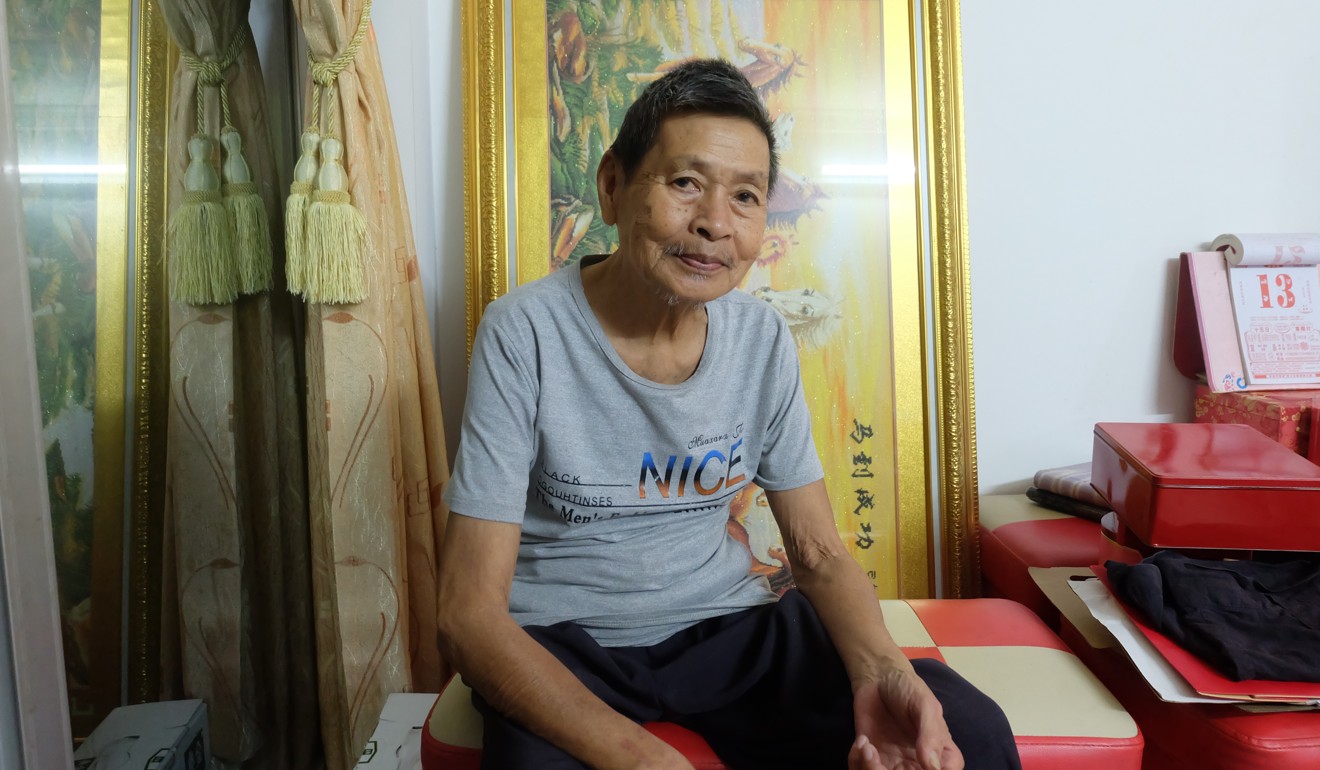
Huang, her husband, is of Hokkien origin. His parents moved to Bangka island from Quemoy in Taiwan, which is claimed by Beijing as part of Fujian province. Huang left his parents and siblings behind when he boarded one of the Chinese-funded boats in 1959. He was 22 and had dreams of pursuing higher education but was content when he arrived at Kampung Bali Nansan and landed a job at a factory making machines.
He was paid “not much” each month, but this did not upset him as he realised the People’s Republic was a relatively young country.
Like Tan and Wu, Huang never regretted his move to China – a process he described as “returning” despite never having previously visited the country. He said he had never felt like a stranger in China; in contrast, he no longer followed nor cared about developments in Indonesia.
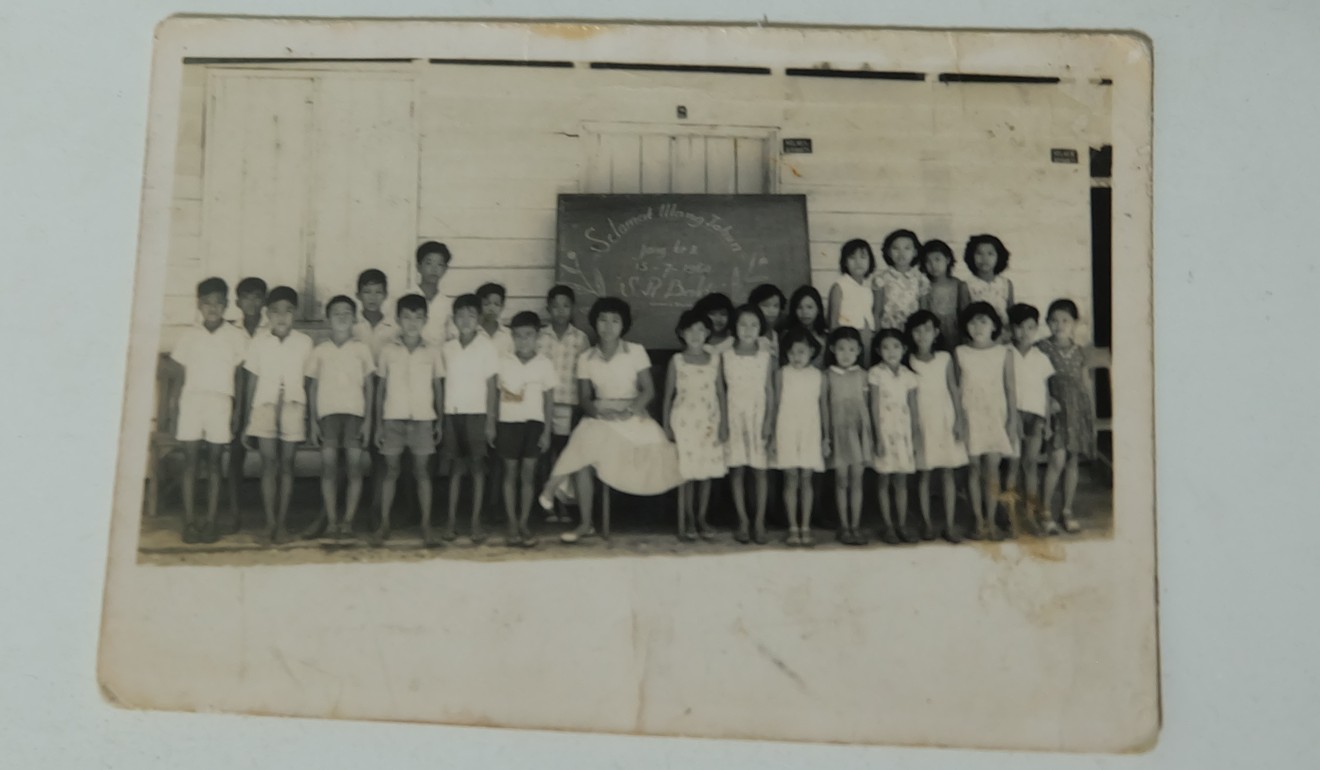
“At that time, Indonesia wanted to get rid of the Chinese people,” said Huang. “Most who returned here were poor, not the rich. If they were rich, they would bring their money from Indonesia back home.
“We were just the ordinary here, we got salaries, it was enough for us.”
THE LURE OF CHINA
Sukarno’s decree was not the first sign of trouble for the Chinese community in post-independence Indonesia. In the early 1950s, the government had introduced the Benteng (fortress) programme, which restricted licences for some import items to the pribumi, a racially loaded term used to refer to native Indonesians. However, it was a speech in 1956 by the Indonesian businessman and politician Assaat Datuk Mudo that really turned the tide. Assaat urged the government to do more to guarantee preferential treatment for the pribumi. Leaving little doubt as to his intended target, he said “native Indonesian citizens must receive special protection in all their endeavours in the economic field, from competition by foreigners in general and the Chinese in particular”.
What’s driving Indonesian paranoia over Chinese workers?
The speech was seminal in the pro-pribumi movement and was widely seen as influencing Sukarno’s decree three years later. The decree gave a deadline of January 1, 1960, for foreigners to either transfer the ownership of their rural businesses to the pribumi or move to provincial capitals or second-tier cities.
Either option, Sukarno had figured, should boost the economic horizons of the pribumi, though few business owners took the option of moving. By the time of the deadline, nearly 84,000 Chinese-owned businesses in rural areas had been closed and taken over by “indigenous” Indonesians, according to the Fujian Provincial Archives. Not all of them went peacefully. The military shot dead two Chinese women who refused to comply with the law, triggering a riot in West Java, while some merchants were jailed for hiding stocks in an effort to get around the law – a crime seen as particularly insidious as it helped fuel the rampant inflation Indonesia was experiencing.

Still, the roll-out of the law went relatively smoothly domestically, though it caused tensions in Indonesia’s relationship with China. Sukarno’s government denied a request from Beijing to rethink the law, adamant in its claim that the decree was not aimed at any single ethnicity.
Beijing was unconvinced and just weeks before the January deadline announced a campaign for the Chinese to return to “The Warmth of the Motherland” on government-funded ships. Almost 200,000 applied for a place on the ships; just over half were successful.
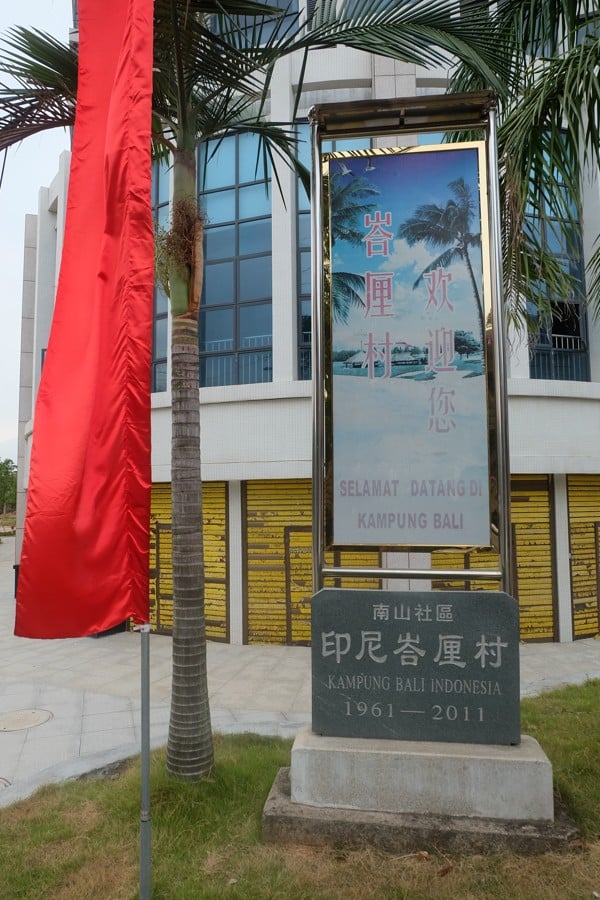
Subsequent requests to Indonesia to help fund the voyages fell on deaf ears, with Indonesia’s then foreign minister Subandrio telling the Chinese ambassador Huang Zhen – with some justification – that doing so would be enough to cause the collapse of Indonesia’s already frail economy. At the time, Indonesia had been locked in a struggle with runaway inflation, caused in part by the rapid expansion of its post-independence government sector. In the six years leading up to 1959, prices had tripled, prompting the central bank, under intense pressure from Sukarno, to devalue the rupiah by 75 per cent against the US dollar (500- and 1,000-rupiah notes later dropped 90 per cent). Even that move was not enough, and by the time of Subandrio’s warning to the Chinese ambassador inflation was at 38 per cent, problematic territory in anyone’s books though it would later reach the nosebleed level of 594 per cent in 1965.
Can Indonesia’s Chinese-language media be revived?
Still, for most of the 100,000 people boarding the ships, which government was funding the journey was less of a concern than the fact that somebody was; given that many had been bankrupted by Sukarno’s decree, few could have afforded their own passage.
“During these times of crisis, the migrants faced a limited number of options and the People’s Republic of China’s repatriation and refugee relief programme often appeared most appealing,” said Zhou Taomo, an assistant professor in history at the School of Humanities of the Nanyang Technological University and author of Migration in the Time of Revolution: China, Indonesia, and the Cold War.
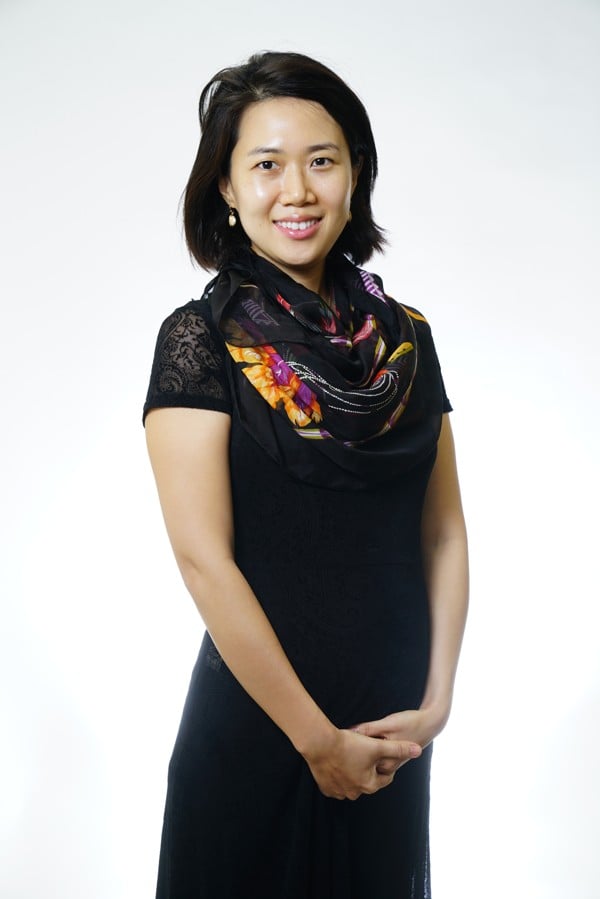
But financial concerns were not the only thing driving those who took on the voyage. Zhou said some “left-leaning” individuals had been influenced by Mao-era propaganda in the pro-China print media, Chinese-medium schools and civil organisations that had encouraged them to view the newly established socialist country through “rose-coloured glasses”.
Zhou said more than half of the ethnic Chinese from Indonesia were Chinese citizens at the time of their arrival in the People’s Republic. Those with Indonesian citizenship had to surrender their passports upon arrival in China. Meanwhile, the Indonesian government had required those leaving the country to sign the back of their birth certificates agreeing never to return – a restriction it insisted upon out of fear returnees would disseminate communist ideology.
How ethnic Chinese shaped the home of Indonesia’s new capital on Borneo
When they arrived in their “motherland”, most were given work on farms created specially for them. These farms were mostly in Fujian, Guangdong and Hainan, as these provinces had long traditions of emigration, and the guiding principle of the relocations was to reunite the travellers with their ancestral homelands. Those of Hokkien origin tended to be sent to farms in Fujian, while those of Cantonese origin tended to be sent to Guangdong, with those being resettled given little choice in their final destination.
Twenty-three such farms were created in Guangdong, 17 in Fujian and 5 in Hainan, according to Tan Chee-Beng, a professor of anthropology at Sun Yat-sen University.
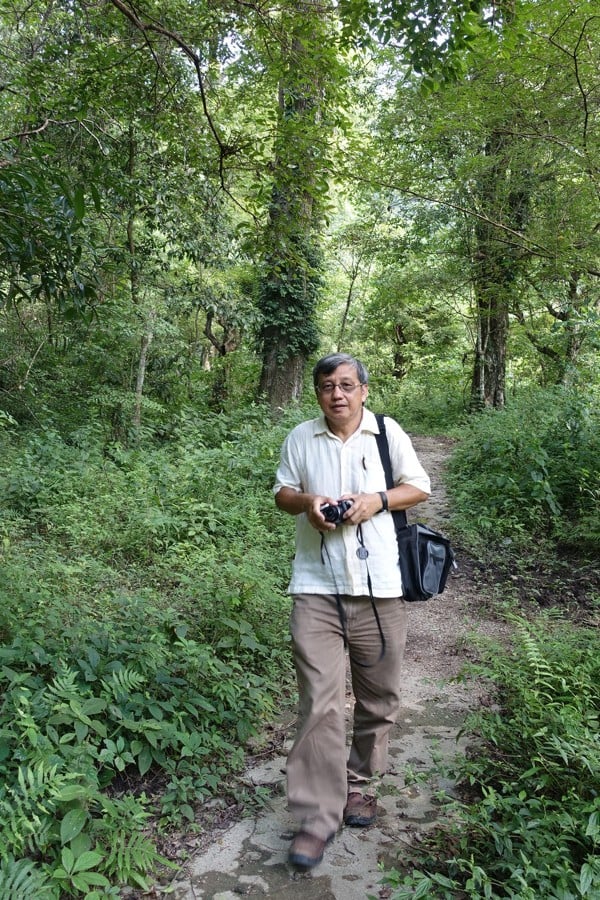
For China, said Zhou, the repatriation was a double-edged sword. At a time when widespread famine was causing millions of deaths, the farms could be seen as offsetting at least in part the high costs involved in transporting and resettling the community. But they were also part of a wider problem that had plagued China following Mao’s Great Leap Forward (1958-1962) that aimed to increase production on all economic fronts at an unprecedented rate.
Mismanagement, bad weather and the pressure to achieve quotas by any means necessary all combined to create a serious and prolonged agrarian crisis that meant continued industrial expansion became impossible. The Great Famine loomed and China’s economy edged towards the brink.
Few of those who ended up at Kampung Bali Nansan could have known about the cauldron of problems facing China when they set sail.
“It was a difficult choice: to try to re-establish livelihoods in Indonesia or to leave for China. Many thought China was better under the circumstances. It was not a digital age yet, and many had to decide in the absence of information about what life in China was really like,” Tan of the Sun Yat-sen University said.
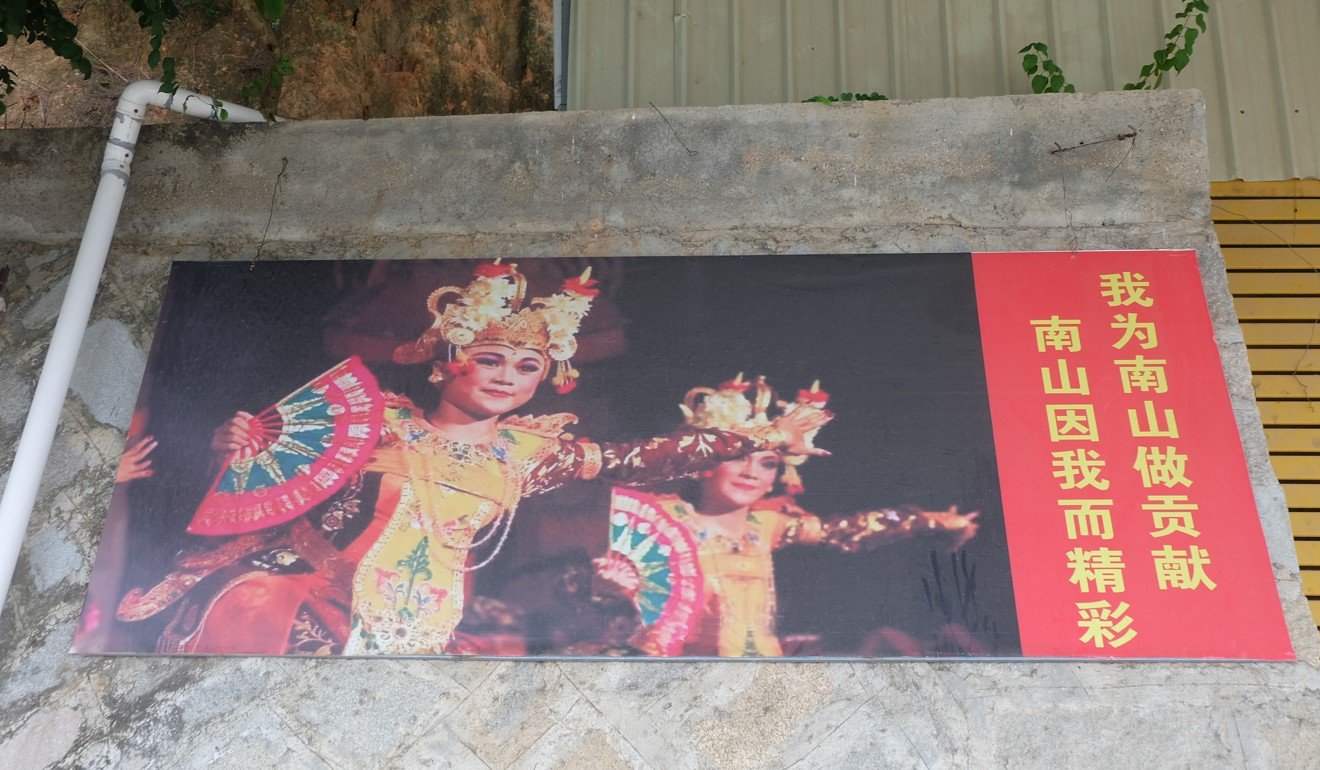
“I had informants who told me that relatives who had been to China had warned them about the harsh life that awaited them there but they did not believe them. We must remember that many of them were not citizens of Indonesia and China was willing to accept them.”
It is telling that even when faced with the problems of Mao-era China, not a single villager at Kampung Bali Nansan who was interviewed by This Week in Asia said they regretted their move.
IDENTITY, LOST AND FOUND
Indeed, every villager said they now saw themselves as Chinese.
“In Indonesia, Chinese were seen as low class, and we were seen as Chinese regardless [of where we were born],” explained one.
Tan at Sun Yat-sen University said that in the same way that early Chinese migrants to Indonesia had been nostalgic about their homeland in China, the Chinese Indonesians who took up new lives on Chinese farms were at first nostalgic about their lives in Indonesia.
“But now they have reconciled themselves to life as Chinese in China, although they still have cultural attachments with Indonesia in matters of food, the arts and other matters,” Tan of the Sun Yat-sen University said. He pointed out that many had since given birth to children who were educated in China and would feel few links to Indonesia.
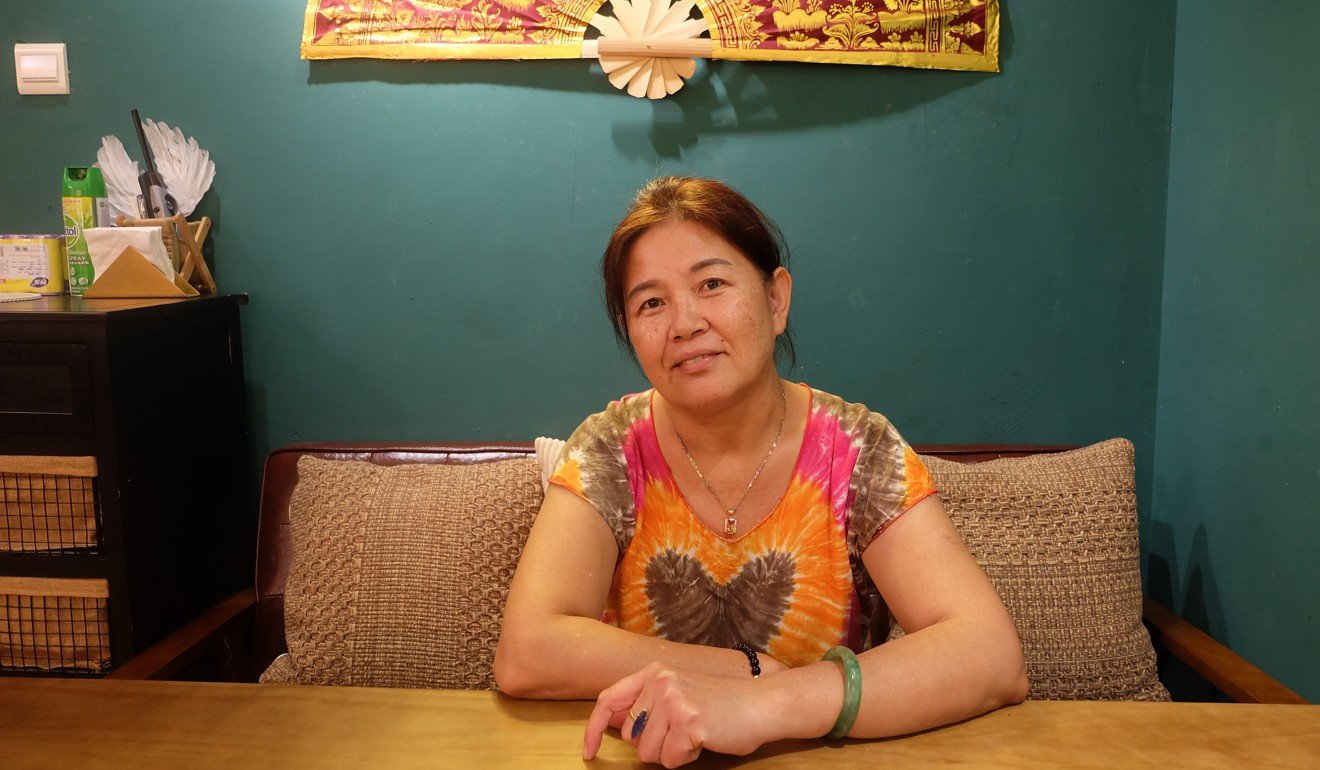
The experience of ethnic Chinese in the post-Sukarno era has done little to tempt them back. Under Sukarno’s successor, Suharto, further pressure was put on the community with presidential instructions that effectively banned the expression of Chinese culture, prohibited the use of Chinese characters and demanded Indonesian Chinese to adopt Indonesian-sounding names.
While these decrees were annulled following Suharto’s resignation in 1998, the community still suffers discrimination. This has most recently been evidenced by various fake news hoaxes that play on fears that Chinese labourers are stealing the jobs of locals.
“Now I see myself as Chinese because we’re in China,” Tan said.
Among the second-generation residents of Kampung Bali Nansan is Hong Chunmei, 55, who was born in Quanzhou shortly after her father and mother moved to the village from Bali. While she speaks fluent Indonesian, she cannot read or write the language, though the culinary skills she acquired from her late mother offer another clue to her heritage.
In 1994 Hong opened a restaurant serving Chinese and Indonesian dishes, relying heavily on her mother’s recipes. In August this year, she opened another restaurant, Qiao 1960 Jia, which serves Indonesian dishes such as nasi kuning (yellow rice made with turmeric and coconut milk), Indonesian-style grilled chicken and opor ayam (chicken braised in coconut milk).
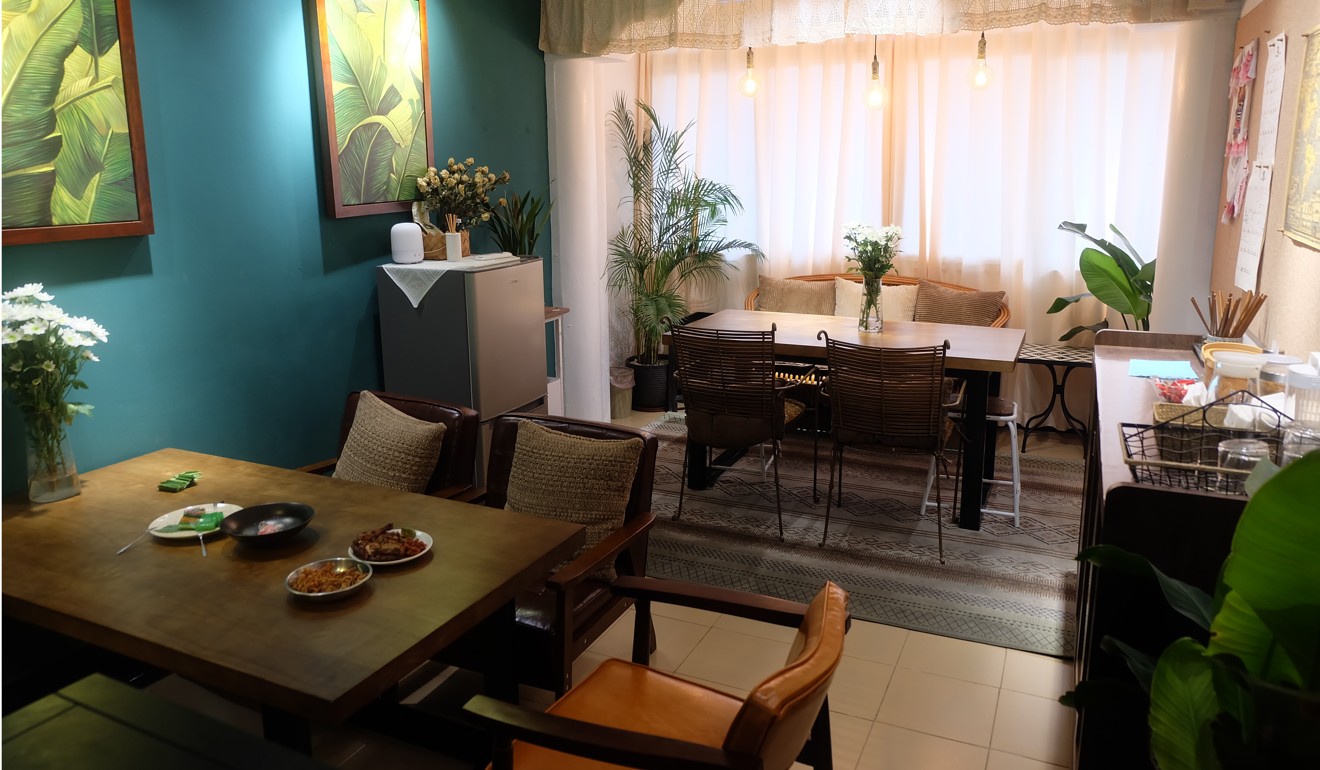
Hong sees herself as Chinese. “I was born here,” she said. “[We’re] the real Chinese,” she added, referring to the China-born descendants.
Like Hong, Huang and Wu’s daughter Huang Xiuli, 51, makes a living from selling Indonesian cuisine, in her case Indonesian-style pork satays with peanut sauce and cakes made with coconut milk. Also like Hong, Huang Xiuli understands Indonesian, though she cannot speak it fluently.
She, too, sees herself as a Chinese citizen, and one who loves her country. After all, she said, she was born and grew up here.
“We’re a group of Chinese who love Indonesian food, love Indonesian cakes, love Indonesian songs,” Huang said. “We’re not Indonesians, but we’re Chinese people with Indonesian flavours.” ■
